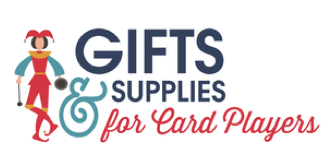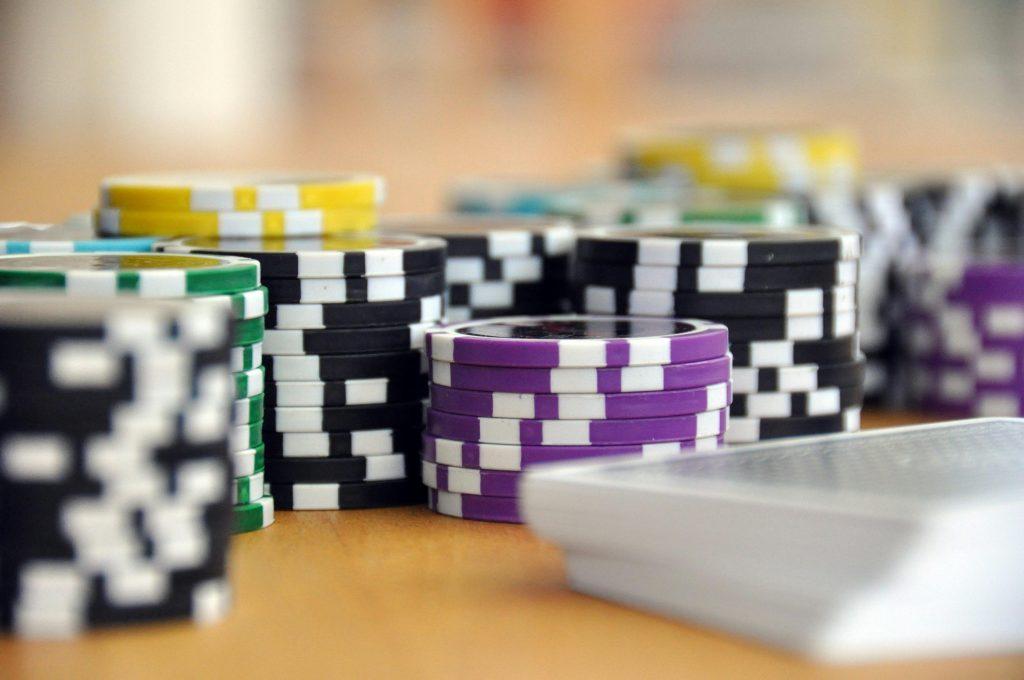Five Small but Effective ways to Improve your Poker Game
Poker is one of the most popular card games played across the globe. The way it expertly balances skill, strategy, and chance has made it a huge hit in countless high-stakes and casino settings. Originating in France in the 1800s but hugely popularised in tales of the American West, poker has become nothing short of a global phenomenon. It is estimated that over 100 million people play poker regularly worldwide, and, although impossible to count, the number of people who have ever tried their hand at the game is certain to be much larger. If you’re new to the game or are looking to improve your skills, we’ve compiled a list of five simple but effective ways to improve your poker game.
Number One: Practice
It might seem obvious, but perhaps the most effective way to get good at anything is through practice. Luckily, when it comes to poker, there are many ways you can play online without having to wager any real money. Competitive poker without real wagers exists on countless websites, allowing you to sink your teeth into the game and learn while you play. Even some video games unrelated to poker, such as Red Dead Redemption 2, have poker elements that use real-life rules and can be played to improve your skills and earn in-game currency.
Once you’re ready to take your game to the next level, why not take a look at the top ranked anonymous poker sites? These websites allow you to make real money wagers in cryptocurrency and play poker with other players across the globe, without needing to disclose your personal information. This is excellent for those who want to test the waters of online gambling but wish to remain anonymous while doing so. On top of this, many of these sites offer impressive bonuses and incentives to both new and seasoned players, so you’re certain to find a deal and have a good time while engaging with these websites.
Number Two: Use your brain, not your heart
What we mean by this is don’t allow your ‘gut feelings’ to dictate how you play poker. Feelings don’t belong at the poker table, intellect and strategy do. One example of this is learning to focus on opponents’ ranges instead of their hands. Don’t try to guess exactly what hand an opponent has, as this is virtually impossible. Instead, think in terms of the ranges of hands they might have and go from there.
Another reason why you should play poker with your mind and not your heart is to avoid being tilted. Tilted is a word used in a wide variety of gaming contexts and it refers to the sense of frustration that can come over a losing player, which drives them to act more recklessly and make even more mistakes. No matter how prepared or skilled you are, sometimes a poker game simply won’t go your way. That is the nature of games that are influenced by chance. If something isn’t working for you, accept your losses, and don’t charge in, sacrificing both your bankroll and strategy in the heat of the moment.
Number Three: Watch and learn
Ask any professional poker player who has inspired them and they’ll probably tell you the name of another famous poker player. This is because one of the most effective ways to take your poker skills from average to brilliant is to study the games of other professional poker players. Watch tournaments, and see what strategies winners use to secure their success.
By doing this you can get a good grasp of effective betting strategies and timing alongside how to read opponents. Also, by studying past games you’ll develop an eye for spotting the mistakes of other players and learn to avoid these mistakes in your play.
Number four: Superstition isn’t going to help you
You probably read that and thought it didn’t apply to you, but you might be surprised to find it does. For example, do you have a favorite hand, when you see it do you feel a rush of excitement and certainty that the game is going to go your way? This is a superstition. Poker isn’t about getting the best hand and wiping the floor with it, instead, it’s about strategic thinking and effective play over a sustained period. If you’re one to say you have a lucky hand, then you’re superstitious, and this could be harmful to your game.
Another popular superstitious thought that comes up in poker is something along the lines of ‘I lost the last three rounds so I’m due for a win.’ Unfortunately, poker, and as a matter of fact the world, doesn’t work like this. There is nothing other than chance, your own skills, and the hands and skills of other players that can determine whether you win or not. This kind of thinking, often referred to as the gambler’s fallacy, can actually be harmful to your play and ought to be avoided.
Number Five: Don’t run before you can walk
Although we mentioned the importance of watching poker players who are better than yourself in action, in order to learn from them, it probably isn’t a good idea to play against them. When entering a poker tournament, don’t be reeled in by the large pots on the skilled player’s tables. Instead, play against people who are at a similar stage in their poker journeys as you. Of course, this means that the more you play and the better you get, you’ll start to improve and move onto bigger tables anyway, but don’t rush into it when you’re not ready.
Similarly, it can be easy to get a little ahead of ourselves if things are going right for us. If you’ve won the last few rounds and are happy with your success, that’s great, enjoy your achievement. But that doesn’t mean you should then go and wager all your winnings at a table where more skilled individuals are playing. You might find out how quickly your winnings can disappear in poker if you do. Also, similar to being tilted, but if things are not going your way, don’t push yourself to try and make up for it. It’s okay to take a step back from real-money play and, play with friends in a casual setting or work on your strategy, risk-free, for a while.





